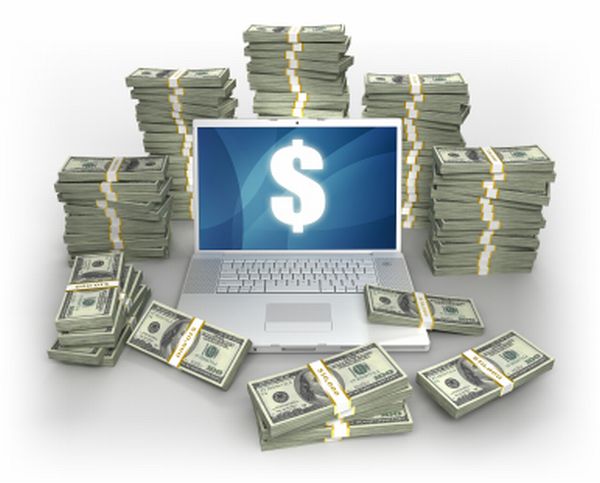How Online Shopping Benefits The Economy

The shift to online shopping in recent years has been phenomenal. Customers and retailers are both looking to the internet as the new standard way to buy and sell products. To show the industry’s emergence, the online retail industry in the United States alone is estimated to be worth about $279 billion by the year 2015. This is more than just an increase in sales though.
Of course, online shopping is replacing shopping at physical storefronts, so while shopping in general might increasing much on its own, there are other factors that online shopping brings to the economic system. A few of these effects are listed here.
Online shopping opens up the market to buyers and sellers across the world. This increases visibility and can be a positive revenue stream for many countries. Shopping can take place at any time of the day or night and from any location. This really opens up the market and makes time zones obsolete; everything is ‘open’ all of the time.
Retailers have more access to their customer’s wants, needs and shopping habits and can easily send advertisements to them on targeted items they would be the most interested in. This is a benefit for customers because they have better access to product they actually are interested and are more likely to shop for sales online. This is great for retailers because they aren’t just sending out mass flyers and emails to the wrong individuals. This leads to quicker more efficient sales.
Customers are more likely to price compare online which leads to more transparency for the customer. There are search engines and sites that even do this work for customers. Because of this, customers can be sure they are getting a fair deal. On the flip side, if there are items that are scare or very popular, then customers will be able to find all of the places a product is available. This transparency can drive prices either up or down depending on the product and its popularity.
There are websites that serve as middlemen for direct sellers as well, if they do not have a retail website or can use as a secondary referral service. These types of websites take a commission but increase visibility and can bring business to smaller merchants who in the past may not have had access to such a large, diverse market place. This also helps with the bottom like because online sales can be seen as icing on the cake. Retailers do not have to actually have a location and all of the costs that go into a storefront. Small businesses can boost brick and mortar sales by increased visibility. There has also been an emergence of online retailers that function autonomously through their own website. These retailers can sell, produce and ship from pretty much anywhere and have more access.
Overall, online shopping is a win-win for the economy. This is the new standard way many prefer to shop, especially for niche items and to price compare. With shopping being simpler and more transparent, customers are more apt to feel confident with their purchases and get a fair deal. More options and consistency leads to a more stable economy, and offers up more opportunities for retailers who in the past would not have as much visibility or sales.
Eileen Saw looks at the spending habits of modern shoppers and writes on trends with online consumerism. She also studies the success of big online brands and supermarkets like Tesco and RedMart.
